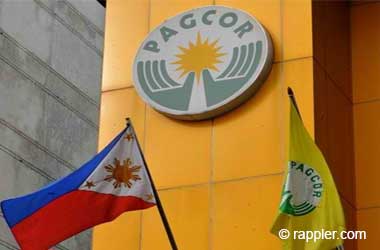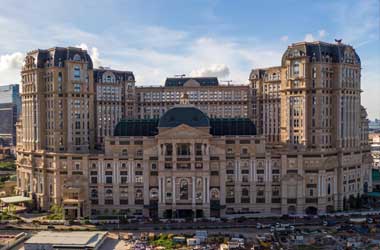PAGCOR Says Government Must Take Balanced Approach On POGO Taxation

The Philippine Offshore Gaming Operators (POGOs) have been under a lot of scrutiny in recent months as the government has accused POGOs of failing to pay their taxes. In October, the government decided to impose an additional 5 percent tax on their gross revenues.
Alfredo C. Lim, who is the President of the Philippine Amusement and Gaming Corporation (PAGCOR) has encouraged the government to take a balanced approach on its on-going taxation discussions regarding POGOs.
According to Lim, despite the taxation controversy surrounding POGOs, it is clear that POGOs have been a tremendous boom to the Philippine economy, particularly with regards to the real estate market.
Due to these benefits, Lim stated that debates on POGOs must be conducted in a careful manner with the intention not to disrupt POGO operations.
Given the fact that POGOs have been around for only three years, it is unsurprising that POGOs have had some bumps in the road. Lim stated that senior officials are working toward a resolution that will satisfy all stakeholders, and address the concerns of Filipino citizens regarding the alleged social costs of POGOs, such as prostitution, kidnapping and money laundering.
Suspension of New POGO Licenses Until 2020
PAGCOR chair Andrea Domingo, in a keynote speech, affirmed that new POGOs would have to wait until 2020 for their licenses to be approved. According to Domingo, this extra time is to give PAGCOR the space to customise its polices to better regulate POGOs in the country.
Domingo estimated that by the first quarter of 2020, PAGCOR will already have enough information to regulate POGOs effectively, neutralizing the social costs that worry many industry observers and tarnish POGOs in the public eye.
PAGCOR Aims to Protect Foreign POGO Workforce
One key issue that PAGCOR wants to address is the welfare of POGO workers. While no official numbers have been released, rough estimates indicate that POGO workers number more than 70,000 individuals, all of whom are foreigners. Currently, no protections exist for these workers. As a result, the workers cannot seek help from Philippine law enforcement if they witness crimes, or are victims of crime or abuse.
While this issue may not be on the radar of the average Filipino, Lim believes is important to address as it directly impacts the growth of the POGO industry in the Philippines. It is therefore the priority of PAGCOR to set rules and regulations for POGO workers to ensure that their rights are protected, and that they can rely on Philippine law enforcement if any problems occur.
David WalkerAuthor
David is our resident 'down under' contributor, letting us know what is going on in the southern hemisphere, he is also keen blackjack player





